Gender and Identity in the Wachowskis' "Sense8" on Netflix
Women and Hollywood

Eight strangers around the globe are psychically linked after experiencing violent visions involving a woman (Daryl Hannah) unknown to any of them. The eight characters are about as diverse as you can get in terms of location, culture, race, economic situation, sexual orientation and occupation. As Lana Wachowski put it in an interview with io9 earlier this year, the show is "trying to get at the human question of how are we the same, and how are we different.

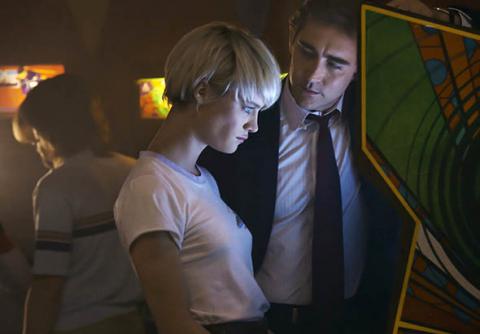
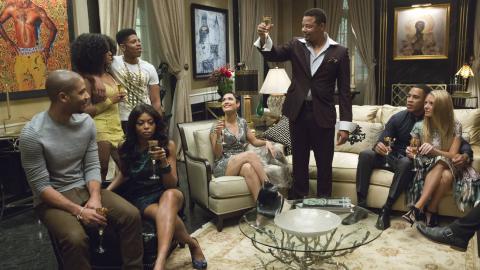
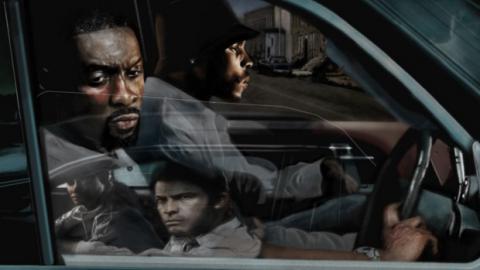
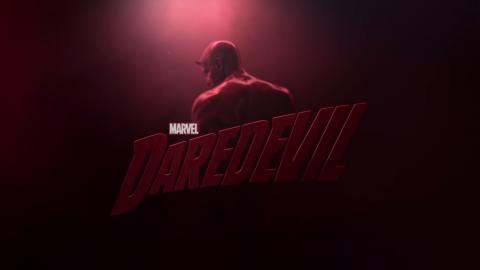
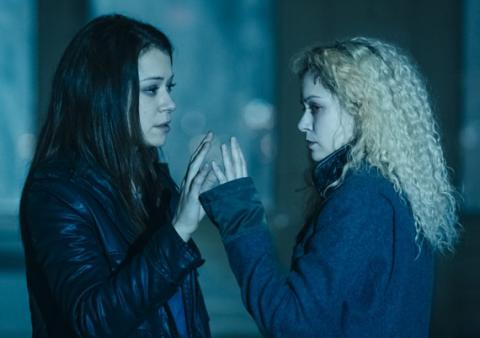
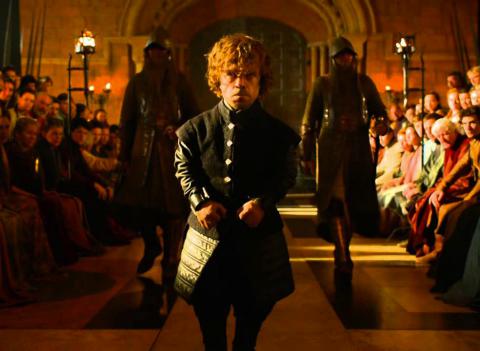
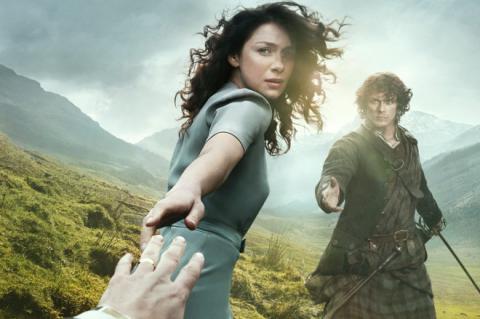
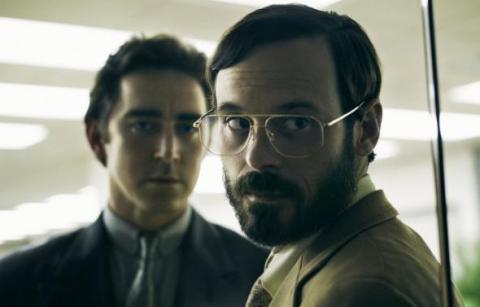
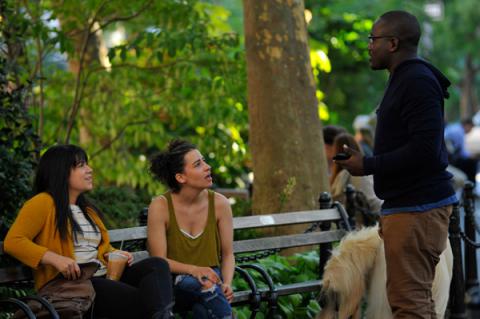
Spread the word